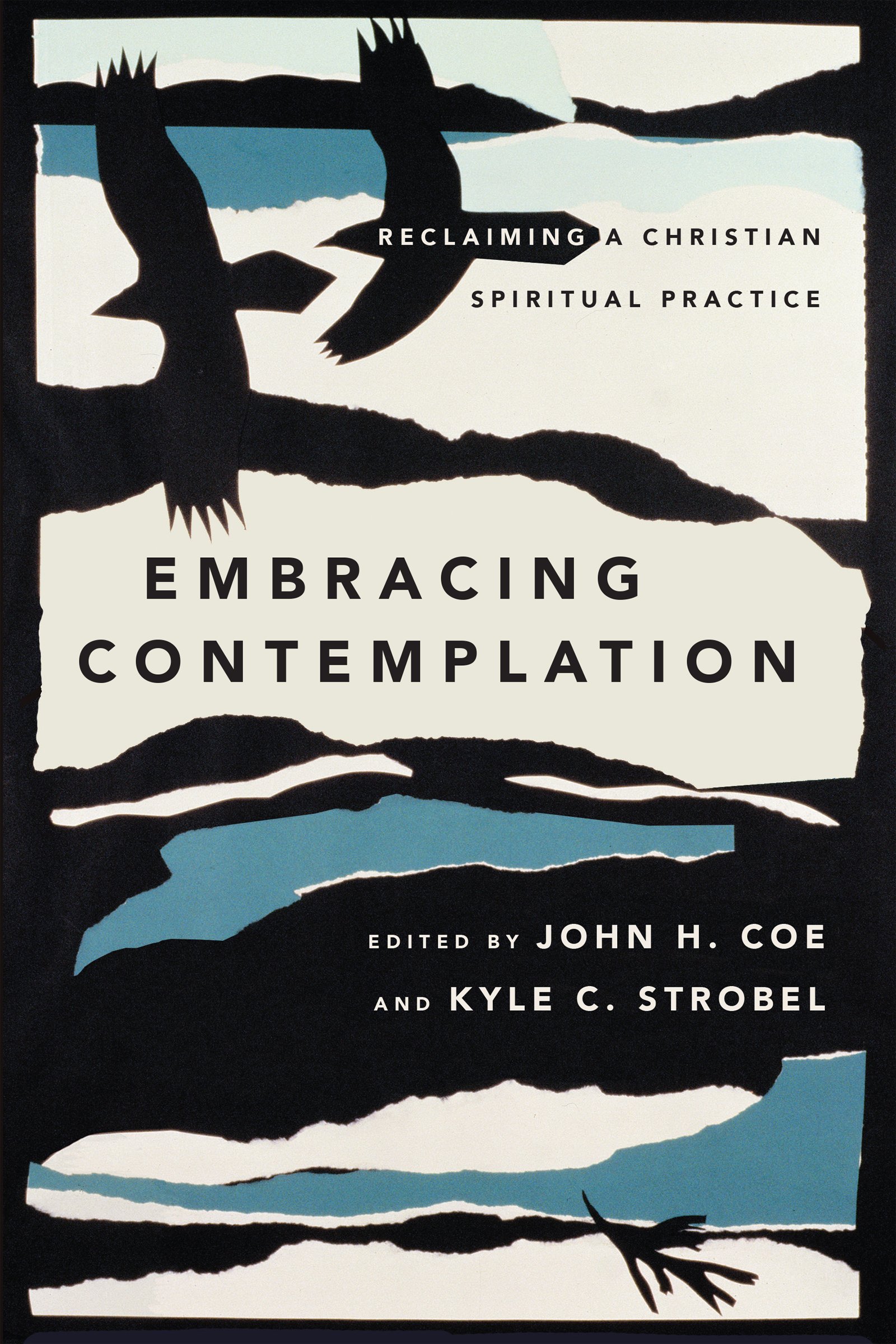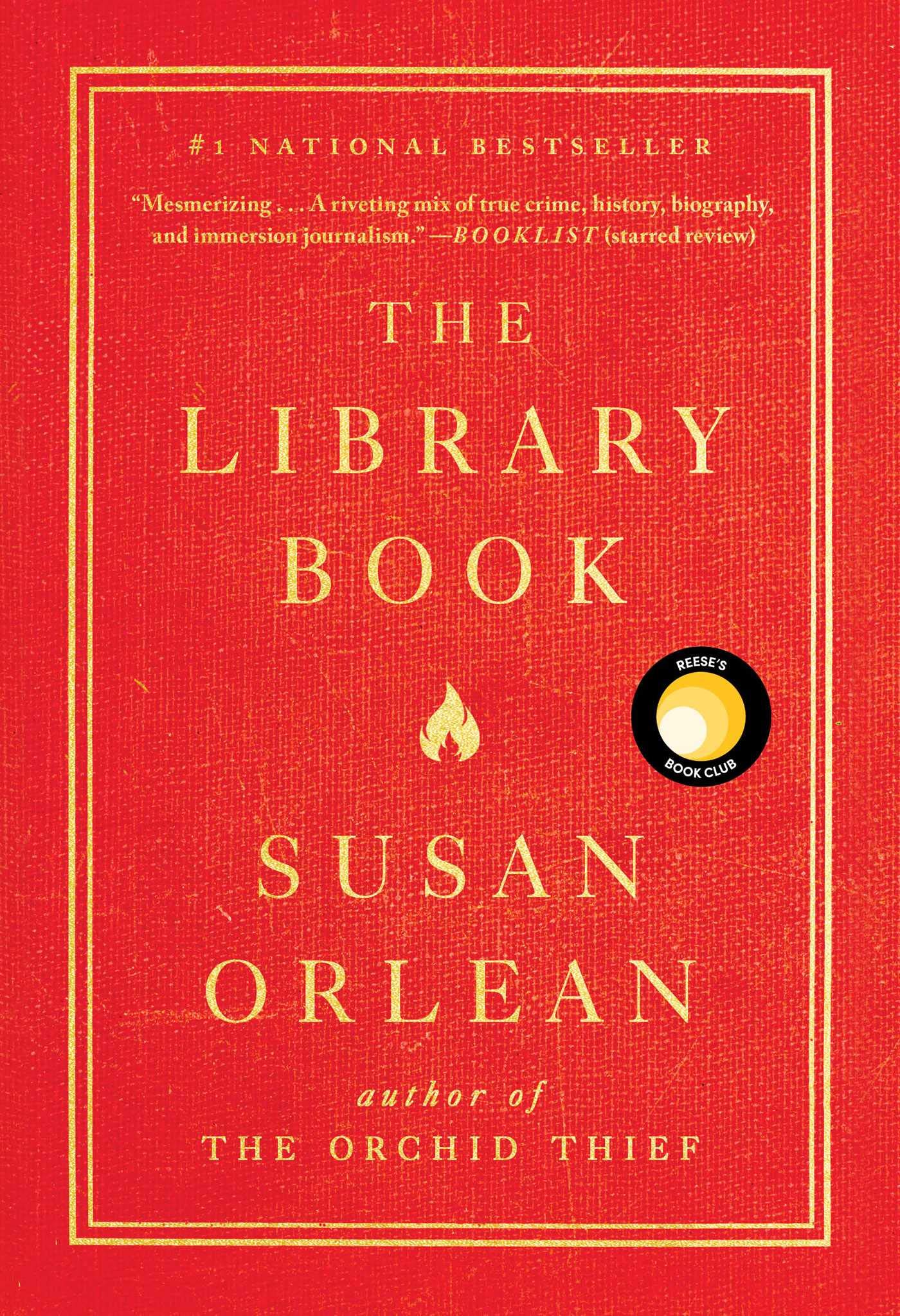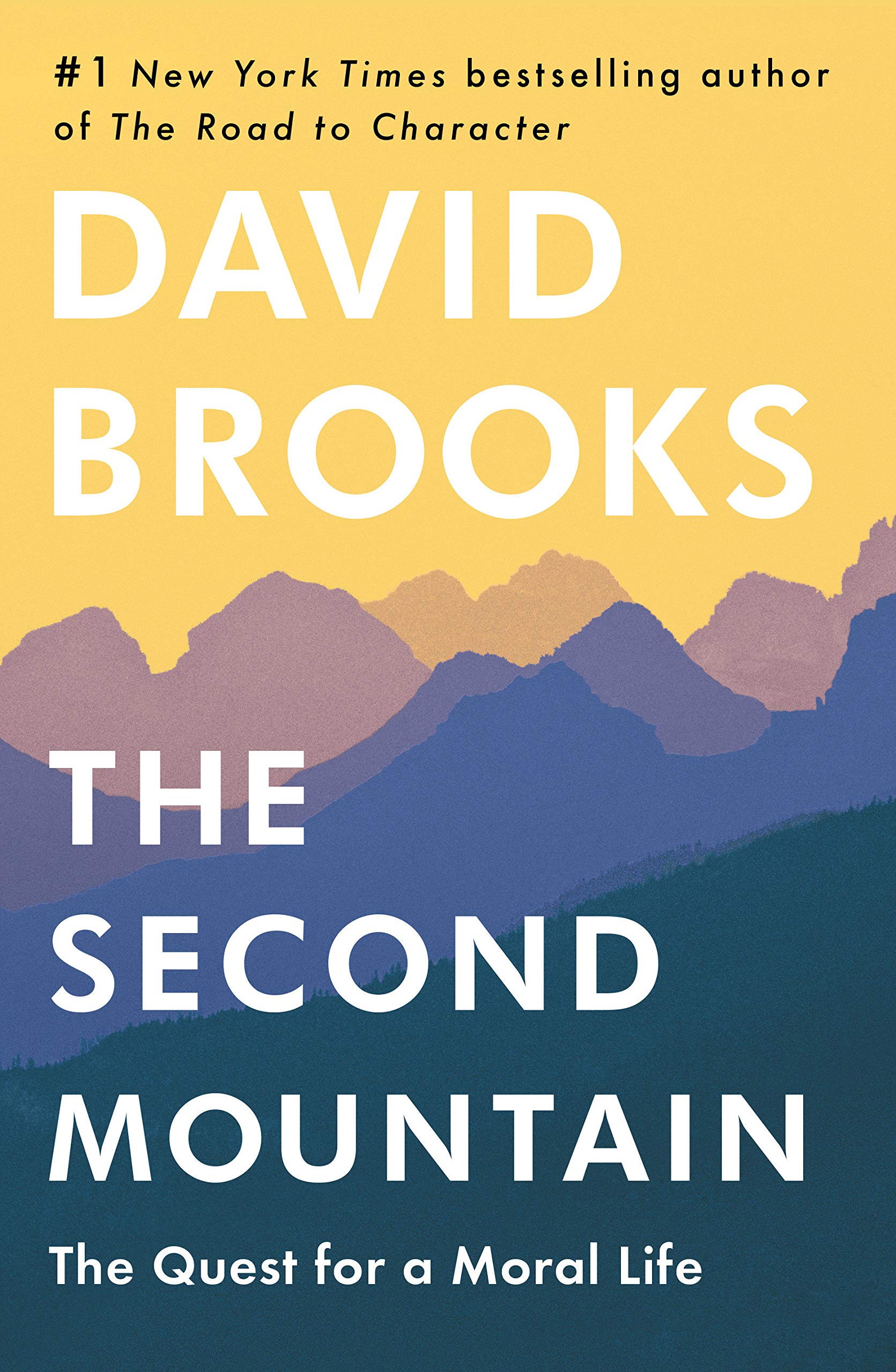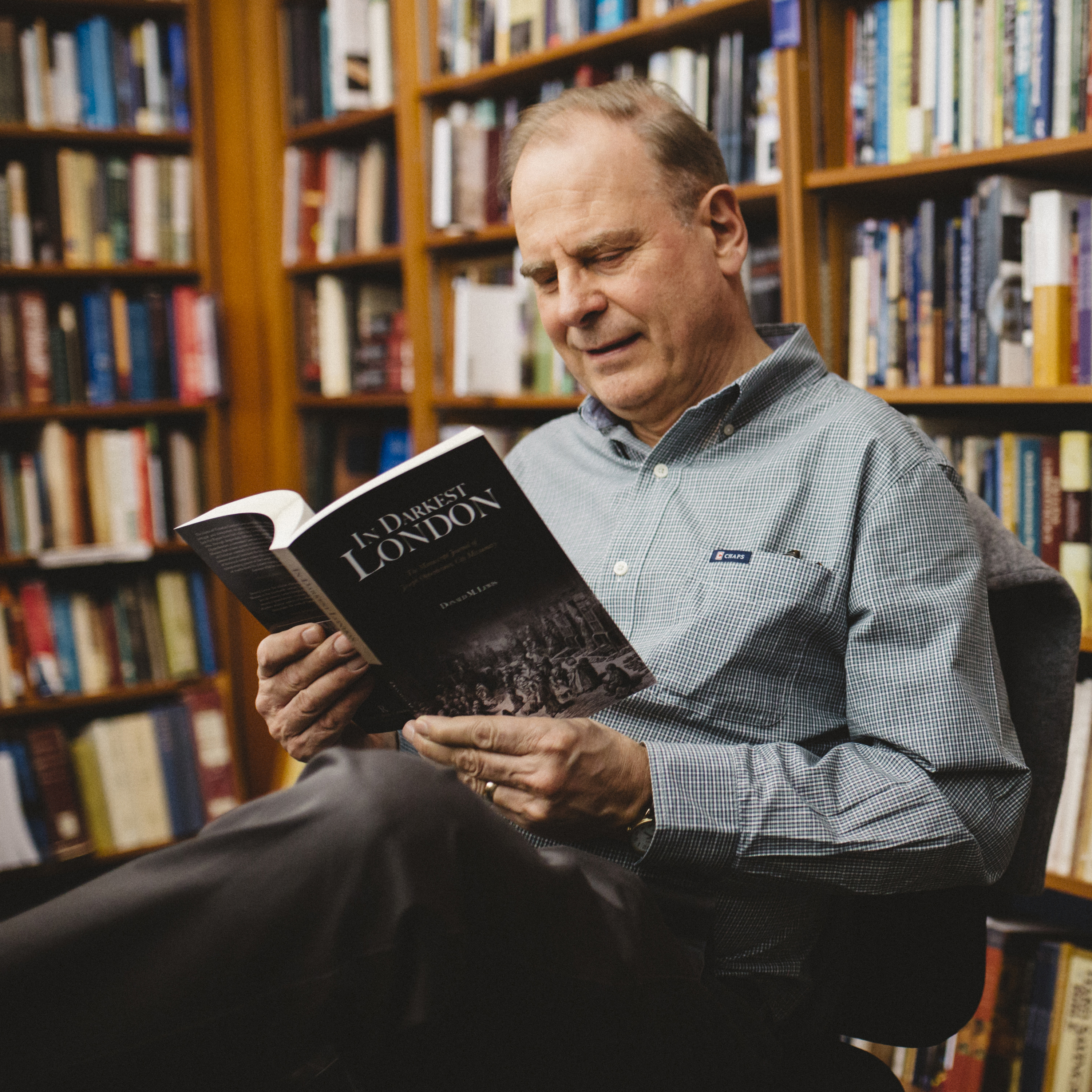Bill on Books - June 2019
One of the tasks that I enjoy is ordering new titles for the store. In a year I pour through hundreds of publisher catalogues as well as reading thousands of reviews published in New York Review of Books, The Times Literary Supplement, Christianity Today, New York Times Book Review, First Things, Englewood Review of Books, plus the endless book mentions on blogs, in op-ed columns, word-of-mouth, and it goes on. The end result is that here at Regent Bookstore it is Christmas every day and regular shipments of books arrive! All this reading tends to give a bookstore buyer knowledge that is a mile-wide and hopefully a little more than an inch deep. In thinking on this I have decided to start sharing short reviews under the heading of Three Inch Reviews. I have spent years in close proximity to so many titles that I have not actually read even if having an acquaintance with many of them, and even readily recommending them. In this last part of my bookselling career I am thinking it would be good to share some of this knowledge with brief summaries. Here is my latest installment.

Available for in-store purchase only.

Available for in-store purchase only.

Available for in-store purchase only.

Available for in-store purchase only.



